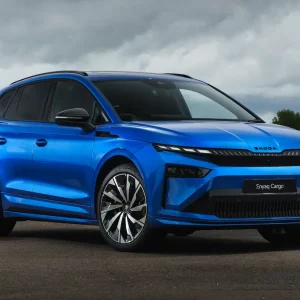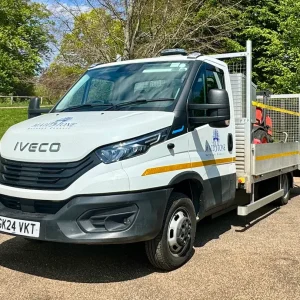The introduction of a new 0% BIK tax rate for electric vans has been underpublicised when it should be helping to encourage adoption, according to the Association of Fleet Professionals (AFP).
The organisation’s chair, Paul Hollick, said that a key factor in boosting demand for electric cars over the last year was low tax levels, and that something similar needed to happen with LCVs, with the new tax rate being introduced on 6 April.
He said: “While electric LCV drivers have a much reduced say over what they drive compared to company cars, there is certainly potential for a similar effect. However, our feeling across the AFP membership is that the whole subject has been underpublicised.
“We are now in a position where a choice of electric vans are coming onto the market to meet a wide range of needs and for which the whole life costs look competitive, based on initial figures. What we need now is greater awareness.
“Certainly, as a trade body, this is an area that we are looking at in detail. Several of our larger corporate members are committed to large scale adoption of electric LCVs and we are monitoring their experiences with interest.”
Hollick added that if electric van adoption was to accelerate, fleets needed to be looking at their costs on a whole-life basis, rather than just at capital cost.
He said: “The arrival of both electric cars and vans has highlighted the surprising number of businesses that still acquire vehicles largely by looking at the purchase price. This disadvantages EVs, which cost more to buy but less to fuel and maintain.
“We’re doing quite a lot of work in this area, especially through our new EV training course, which takes place for the first time in March, showing how to integrate these vehicles into choice lists and buying strategies alongside petrol and diesel alternatives.”





